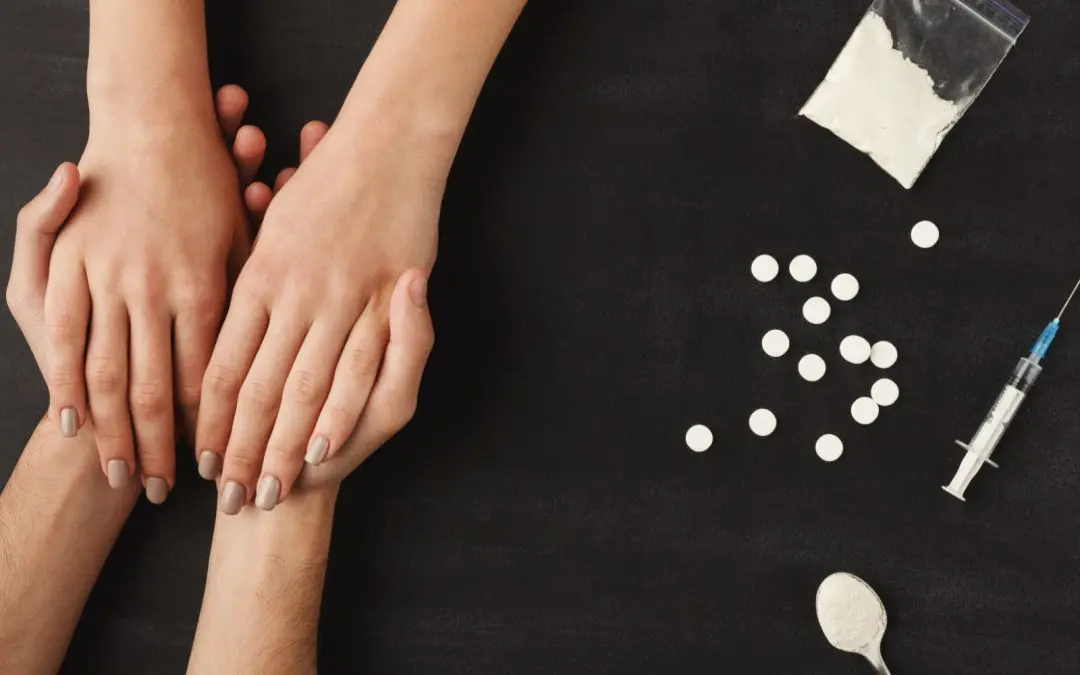24/7 Helpline:
(866) 899-221924/7 Helpline:
(866) 899-2219
Learn more about Heroin Detox centers in Pana
Heroin Detox in Other Cities

Other Insurance Options

MVP Healthcare

Providence

Meritain

MHNNet Behavioral Health

Anthem

BHS | Behavioral Health Systems

WellPoint

GEHA

Magellan

Health Choice

WellCare Health Plans

Group Health Incorporated

Optum

UnitedHealth Group

Premera

CareFirst

Medical Mutual of Ohio

Ambetter

Horizon Healthcare Service

CareSource

New Horizons
New Horizons is a private rehab located in Pana, Illinois. New Horizons specializes in the treatment...



Behavioral Health Services North
Behavioral Health Services North is a non-profit rehab located in Morrisonville, NY. Behavioral Heal...

South Texas Behavioral Health Center
South Texas Behavioral Health Center is a drug and alcohol rehab located in Edinburg, Texas. They pr...

Behavioral Hospital at Reinasance
DHR Health Behavioral Hospital is a comprehensive dual diagnosis substance use treatment center in E...

TTBH – Tropical Texas Behavioral Health
Tropical Texas Behavioral Health (TTBH) is located in Edinburg, Texas. Tropical Texas Behavioral Hea...


























































































Liberty Counseling Center
Liberty Counseling Center is a private rehab located in Taylorville, Illinois. Liberty Counseling Ce...

New Horizons Substance Abuse
New Horizons Substance Abuse is a private rehab located in Taylorville, Illinois. New Horizons Subst...

Christian County Mental Health
Christian County Mental Health is a private rehab located in Taylorville, Illinois. Christian County...

A Helping Hand
A Helping Hand AHEAD is a private rehab located in Edinburg, TX. A Helping Hand AHEAD specializes in...

New Beginnings – Behavioral Health
New Beginnings – Behavioral Health is a private rehab located in Edinburg, Texas. New Beginnings – B...

TTBH – Tropical Texas Behavioral Health – Substance Use Disorder Services
Tropical Texas Behavioral Health (TTBH) - Substance Use Disorder Services is located in Edinburg, Te...

































































































